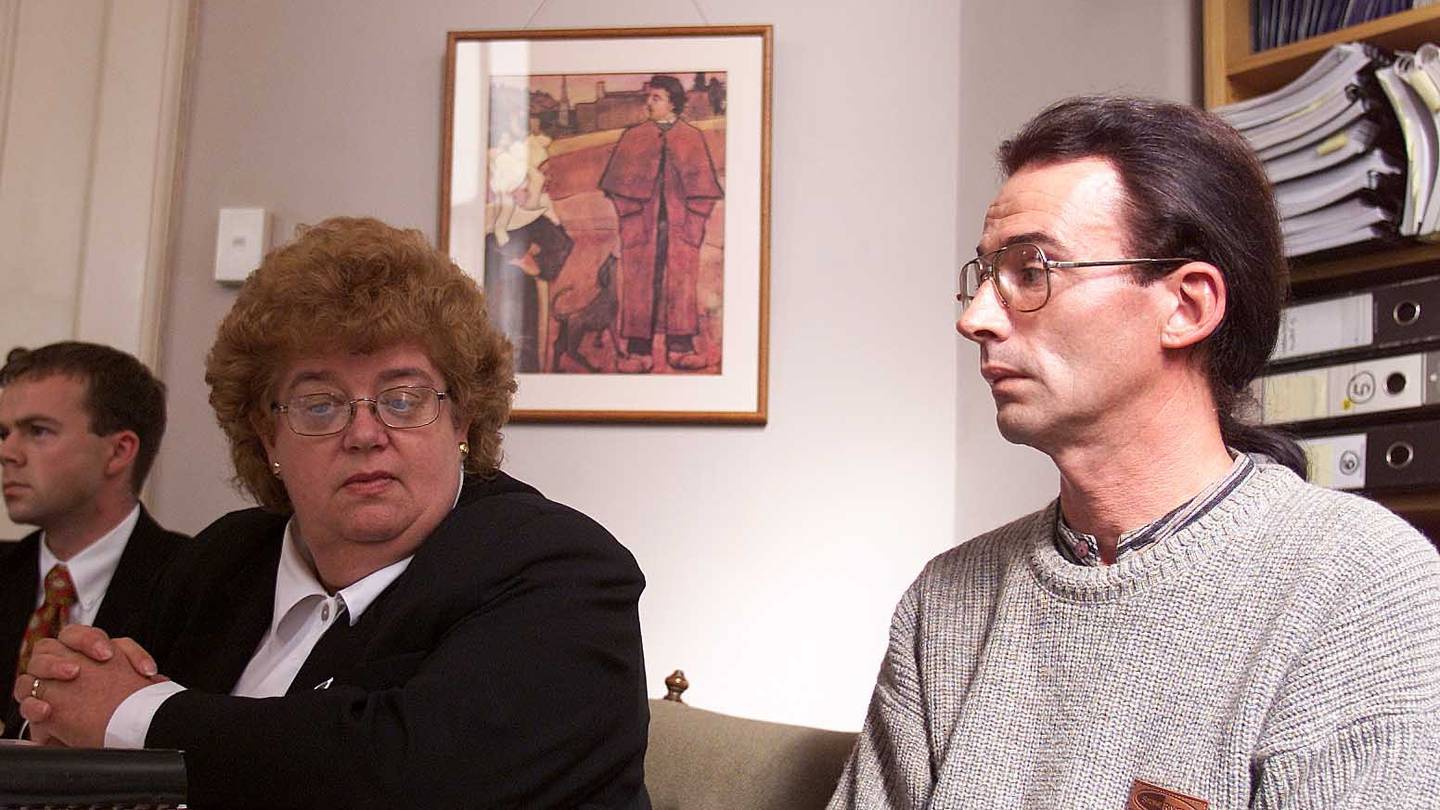
The Crown is battling in the Supreme Court to introduce the complainant's claims as new evidence to assist them in fighting Ellis' appeal against his convictions.
Ellis died last year at the age of 61, but the Supreme Court has granted leave for his appeal to continue despite his death.
He was convicted after a trial in the High Court at Christchurch in 1993 of 16 counts of sexual offending.
The convictions, based on bizarre claims of satanic rituals, torture and sacrifice, have long been controversial due to failures in the investigation and justice processes used.
Ellis was released from prison in 2000, after serving seven years for abusing seven children at the Christchurch Civic Childcare Centre in 1991.
In his application for leave to appeal to the Supreme Court, Ellis said the complainant interviews fell far short of best practice - even at the time of the alleged offending - and there was a strong possibility of contamination of the evidence.
He also argued the jury was not appropriately assisted at the trial by the expert witnesses.
The case came to the Supreme Court last year for arguments on whether an appeal should be allowed to go ahead now that Ellis was dead, but the matter was adjourned to June this year so submissions could also be made on whether tikanga should be taken into account.
Lawyers for Ellis argued his mana continued after his death and therefore it was still important to appeal the case.
The matter was back before the Supreme Court this morning, where Ellis' lawyers argued information about the new complainant should be suppressed.
Little has been said in court today about the new evidence, but that is expected to be argued throughout the morning.
Lawyers for the Crown said the new evidence should not be suppressed as there was nothing in the Criminal Procedure Act which supported suppression.
She said Ellis would not be tried on the new allegations and therefore there was no risk of prejudice to fair trial rights.
But Ellis' lawyers said to publish information on the allegations before the court had even decided whether the new evidence could be used would cause undue hardship to Ellis' family and his mana.
"If this is a created memory and it is presented to the court as propensity evidence and it is in fact a fabrication or a created memory then to publish that as being valid I think causes further harm to the mana of Mr Ellis and also to his family," his lawyer said.
The judges decided to allow the information to be published, but suppressed any details which could lead to the identification of the new complainant or her family.
There is also evidence from the new complainant's sister which is said to corroborate her claims, the Crown said.
The controversy
Ellis has always maintained his innocence and the verdicts in his trial have remained contentious - they have been described as being the result of mass hysteria in the book A City Possessed by Lynley Hood.
Hood criticised the convictions as a "witch hunt" at a time when hysteria around child abuse was sweeping the nation.
The original 16 charges were based on the preschoolers' testimony of satanic ritual abuse and torture.
Some of the more bizarre allegations included claims the children were made to strip and dance naked and were hung in cages.
Other allegations made by the children included having their genitals cut off, having sticks inserted into their bottoms, needles inserted into them, being placed in coffins, taking part in ritual killings and taking part in mock marriages.
Children also said they were forced to eat faeces and kick each other in the genitals as adults stood around them in a circle playing guitars.
There has been heavy criticism of the interviewing techniques used with the children.
Three convictions were overturned in 1994 after one of the children said she lied, but a second appeal against the remaining 13 convictions was dismissed in 1999.
After the second Court of Appeal decision there was a ministerial inquiry in 2001 by Sir Thomas Eichelbaum, which concluded there was no risk of a miscarriage of justice.
There have also been unsuccessful petitions to Parliament for a royal commission in 2003, 2008 and 2014.
Ellis died from cancer in September 2019.













